























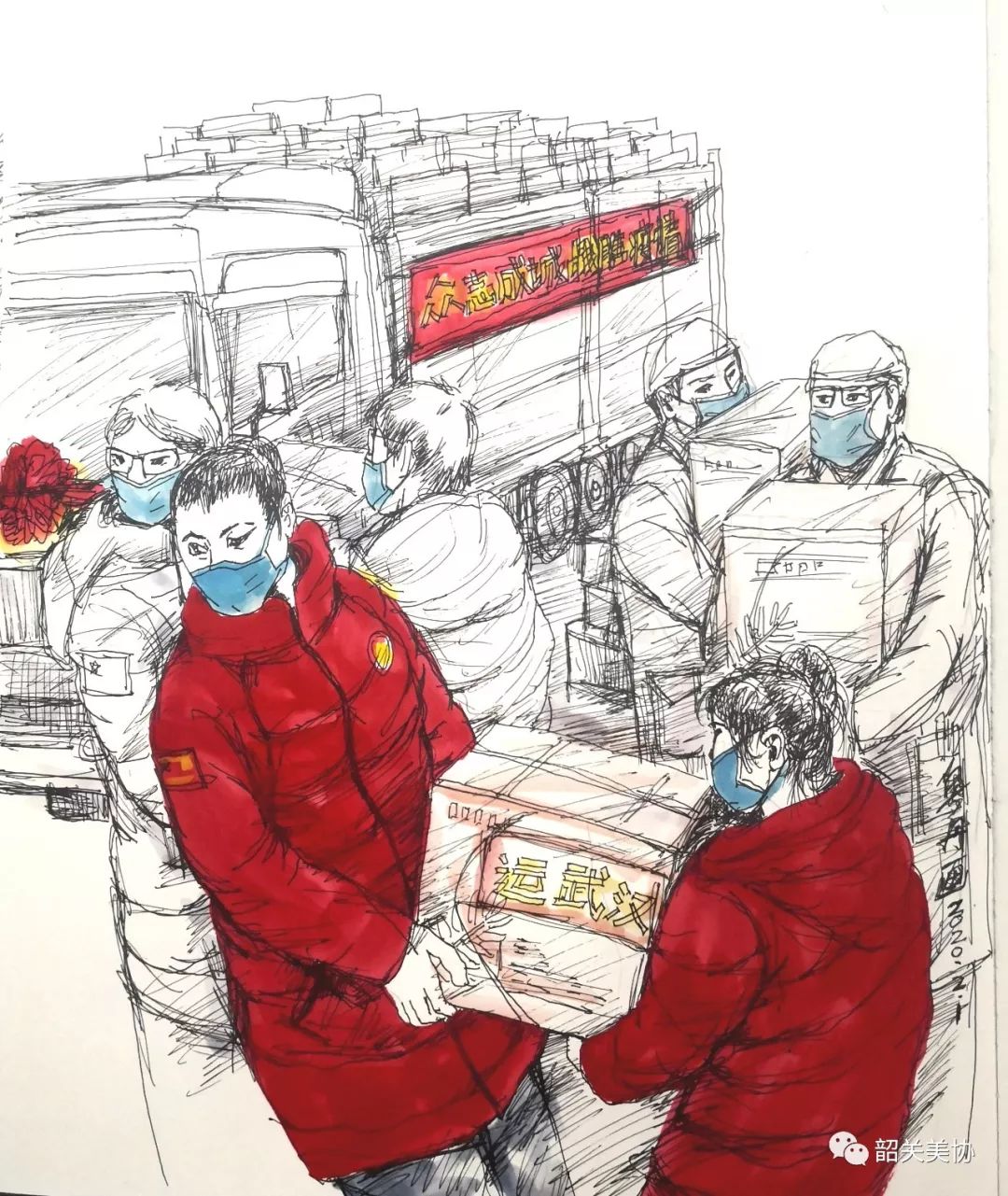

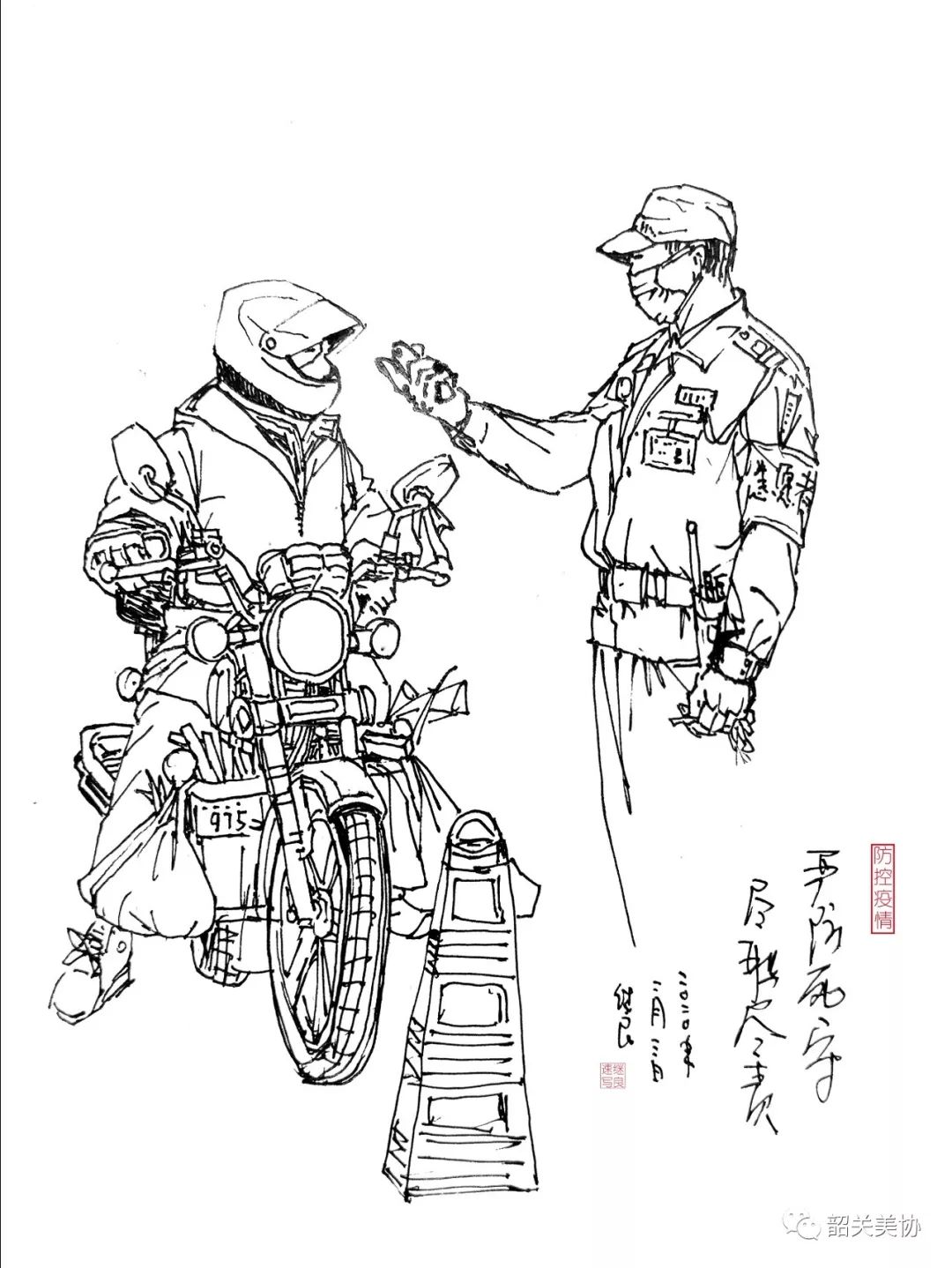
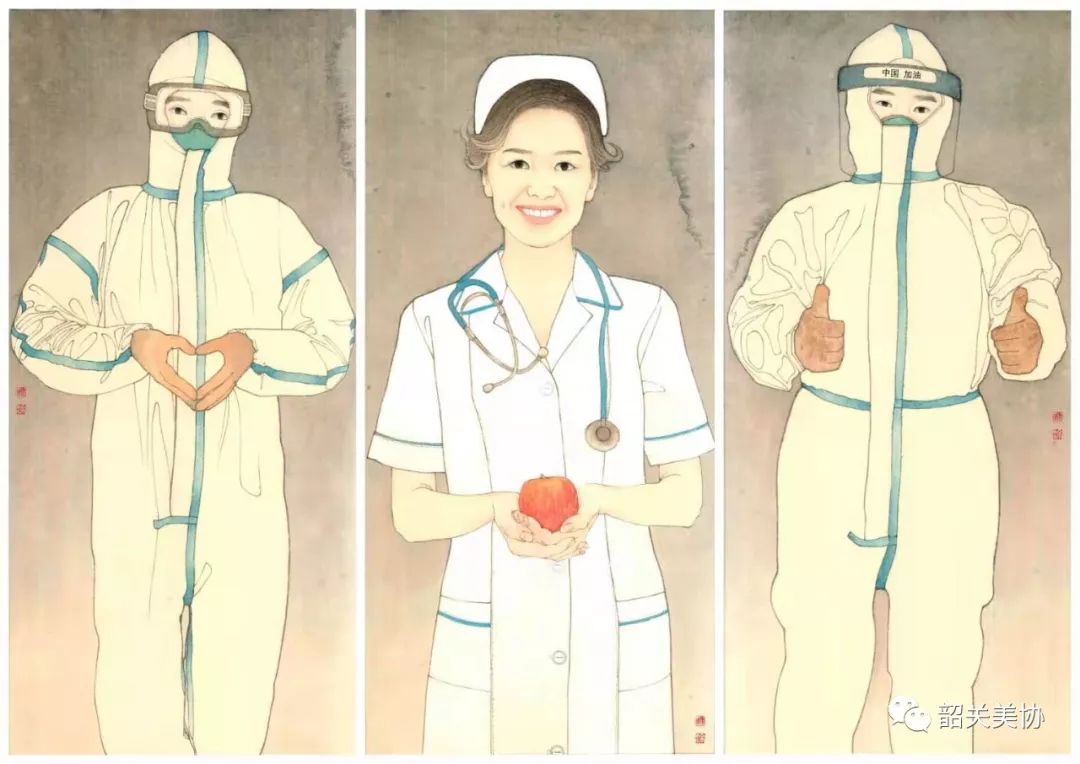
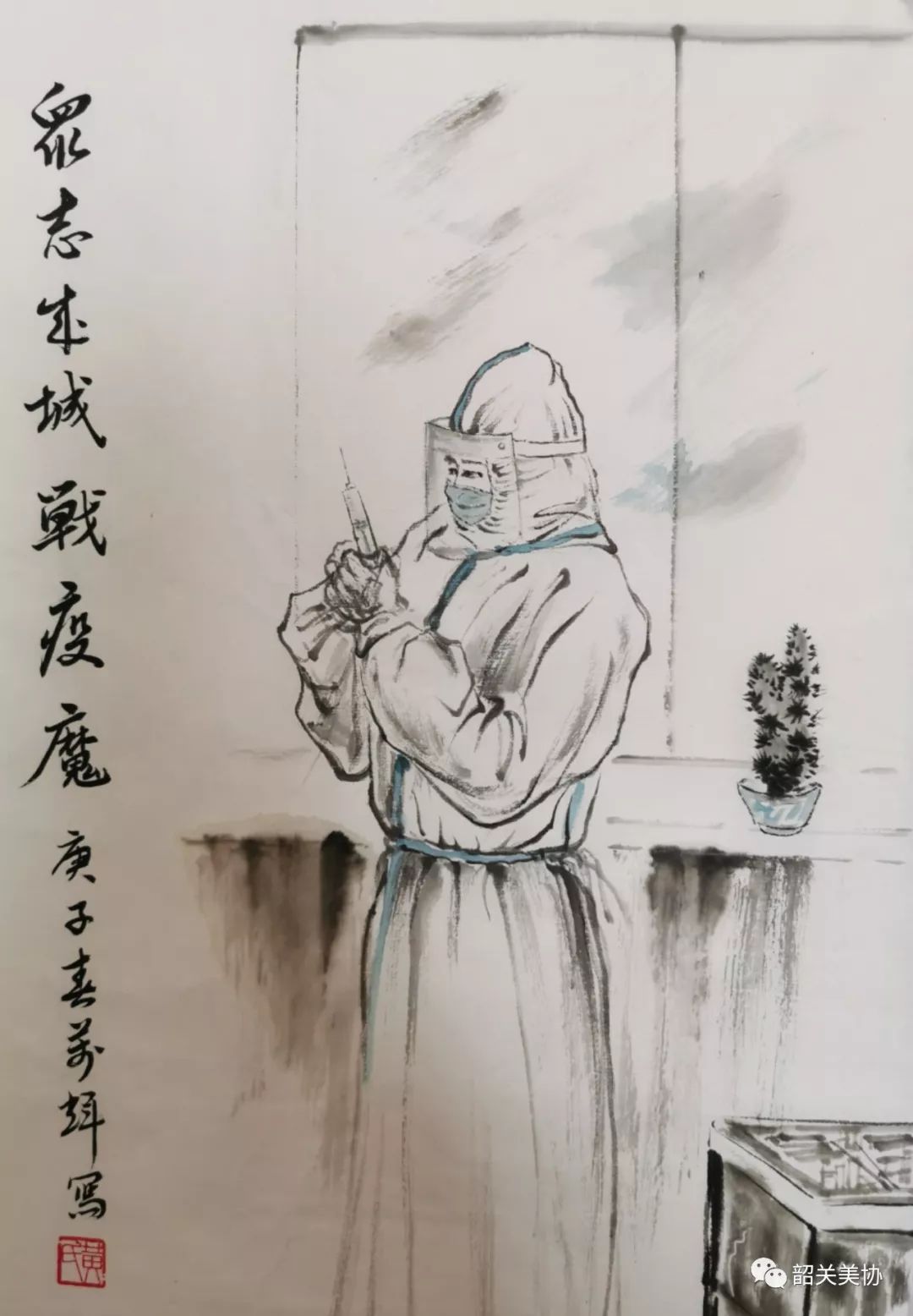
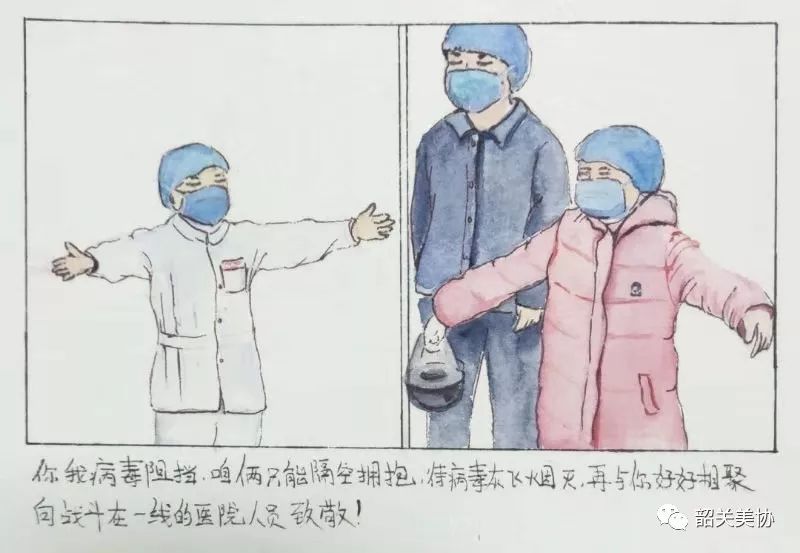
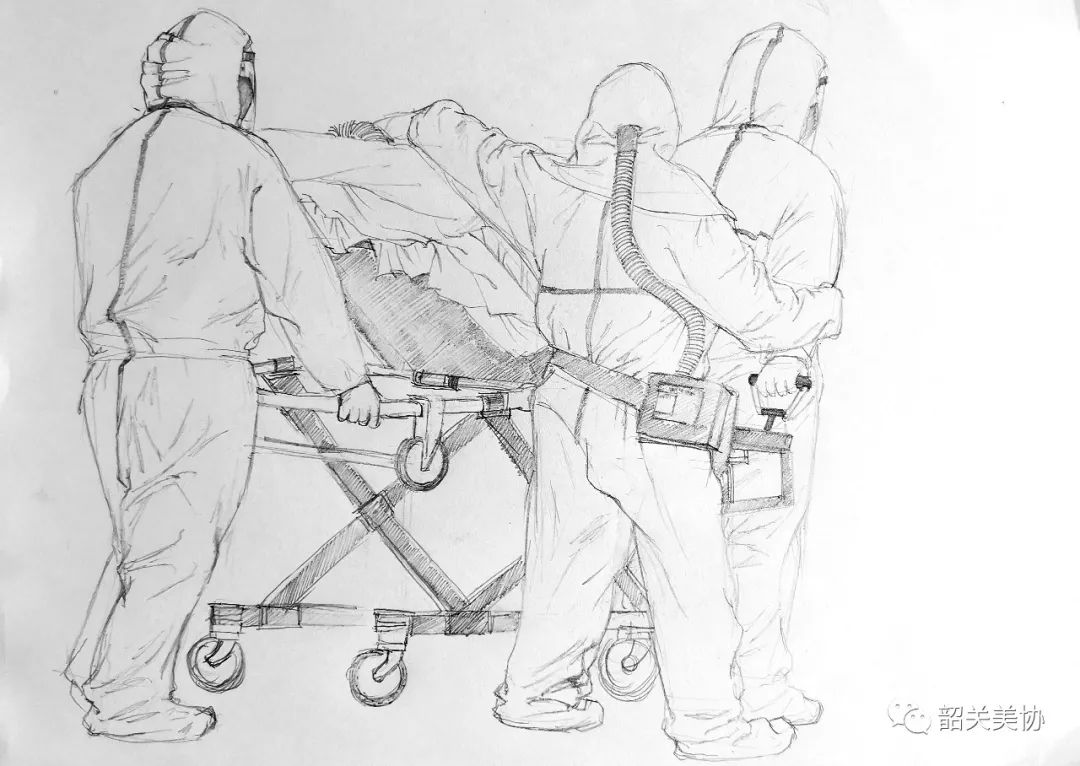
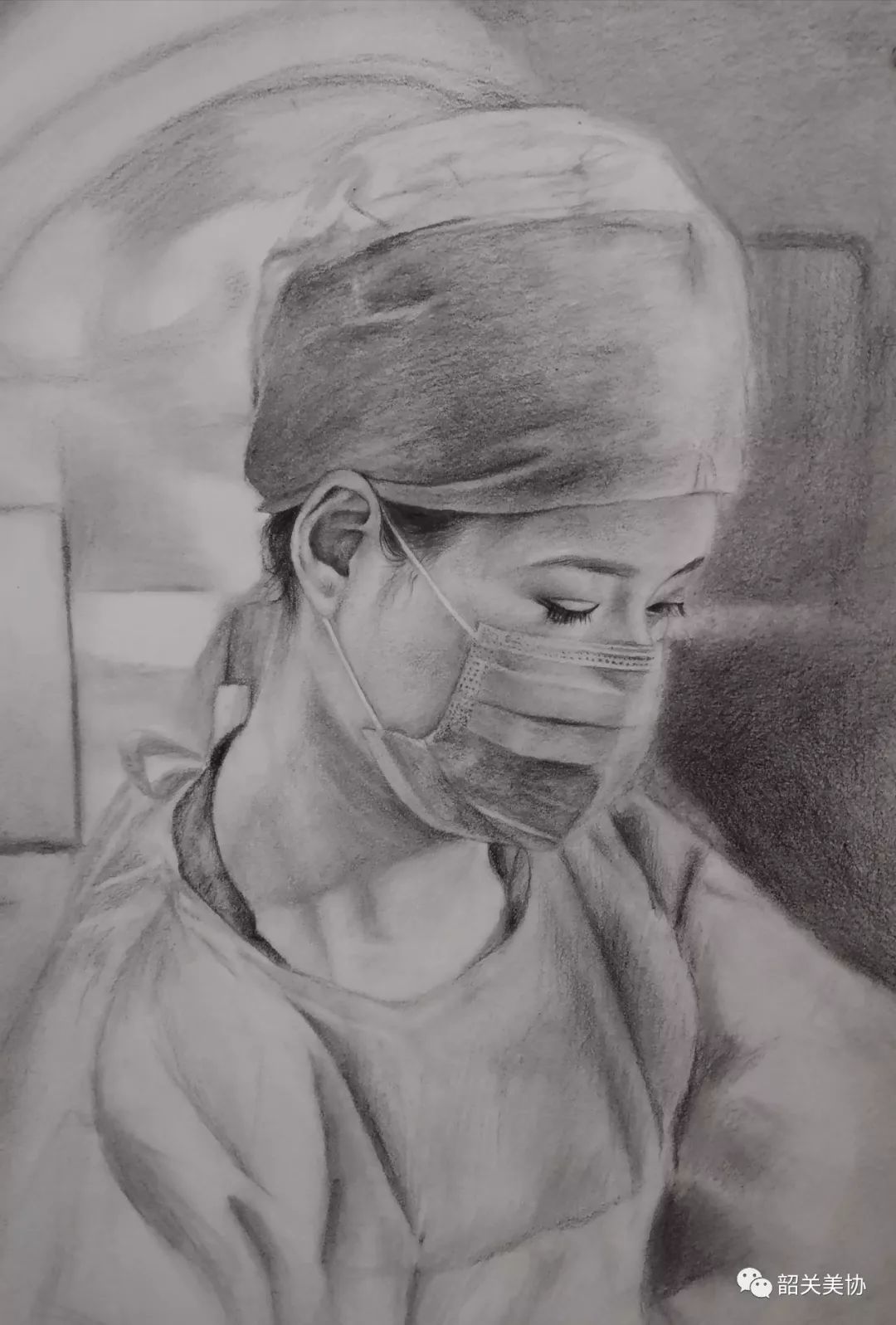
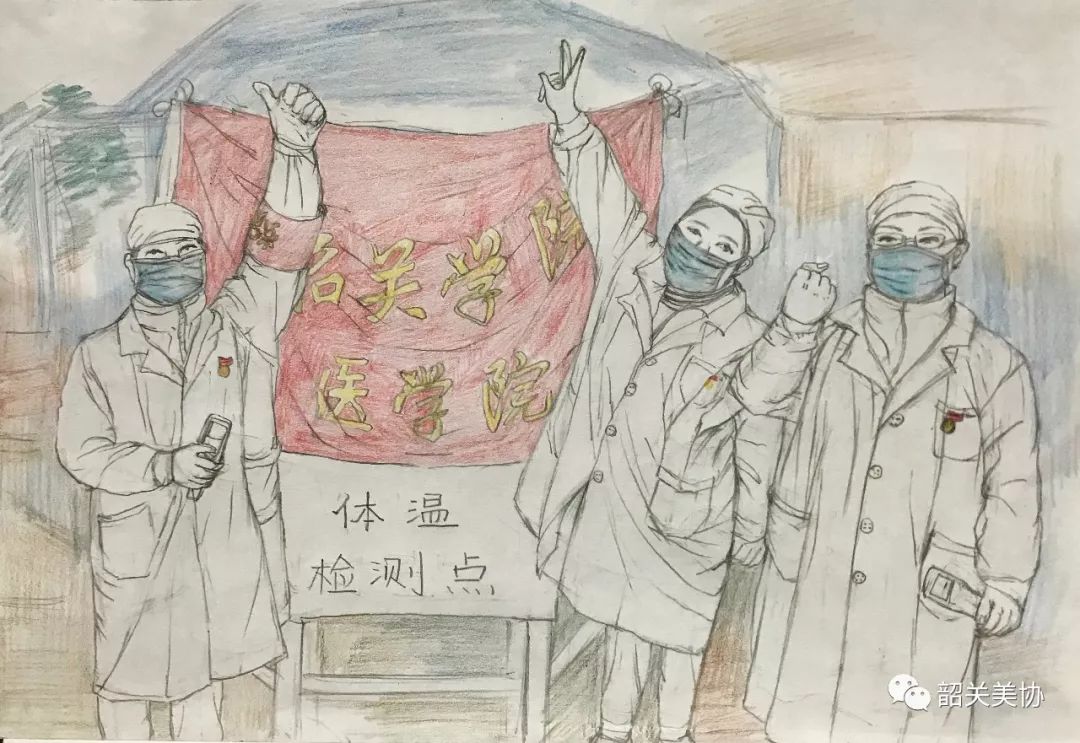


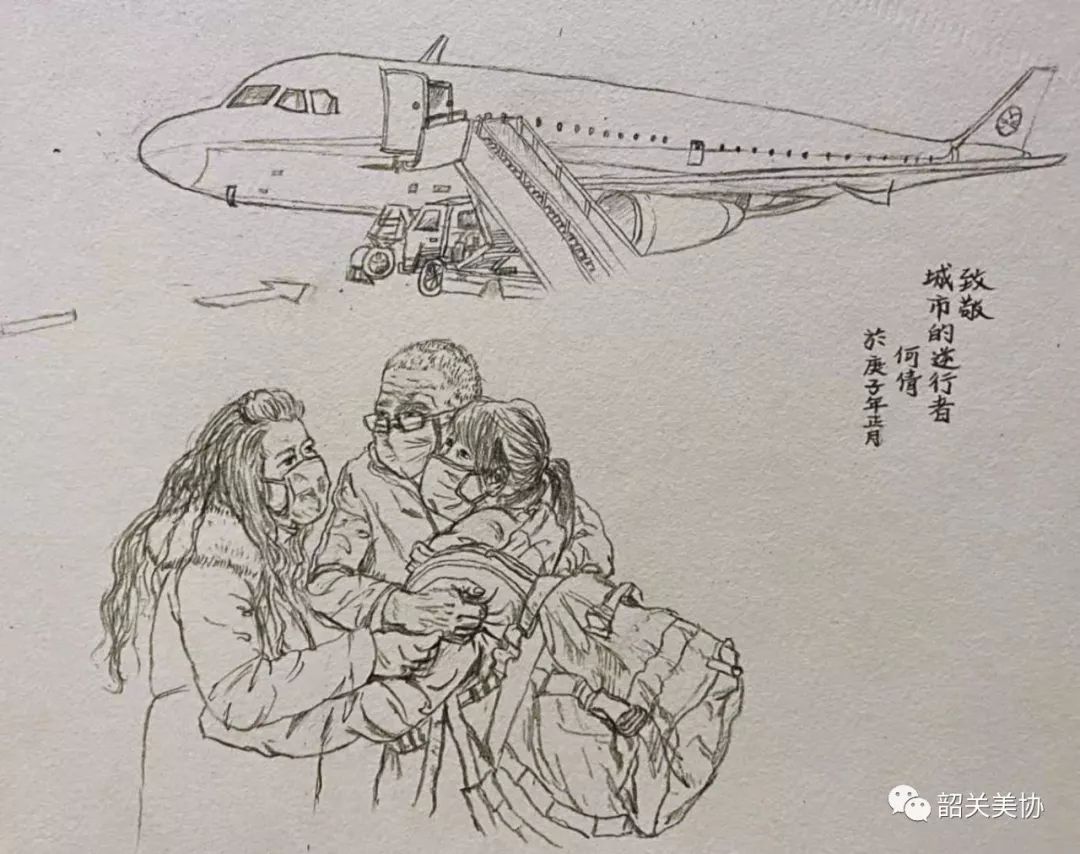



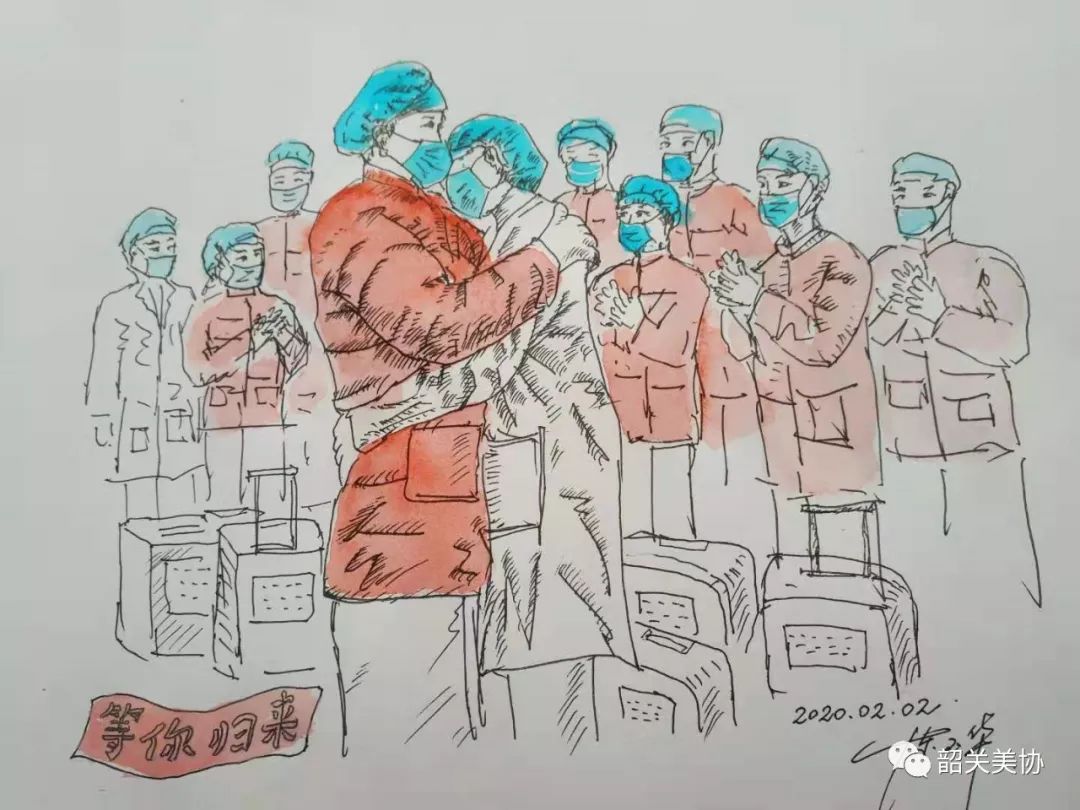

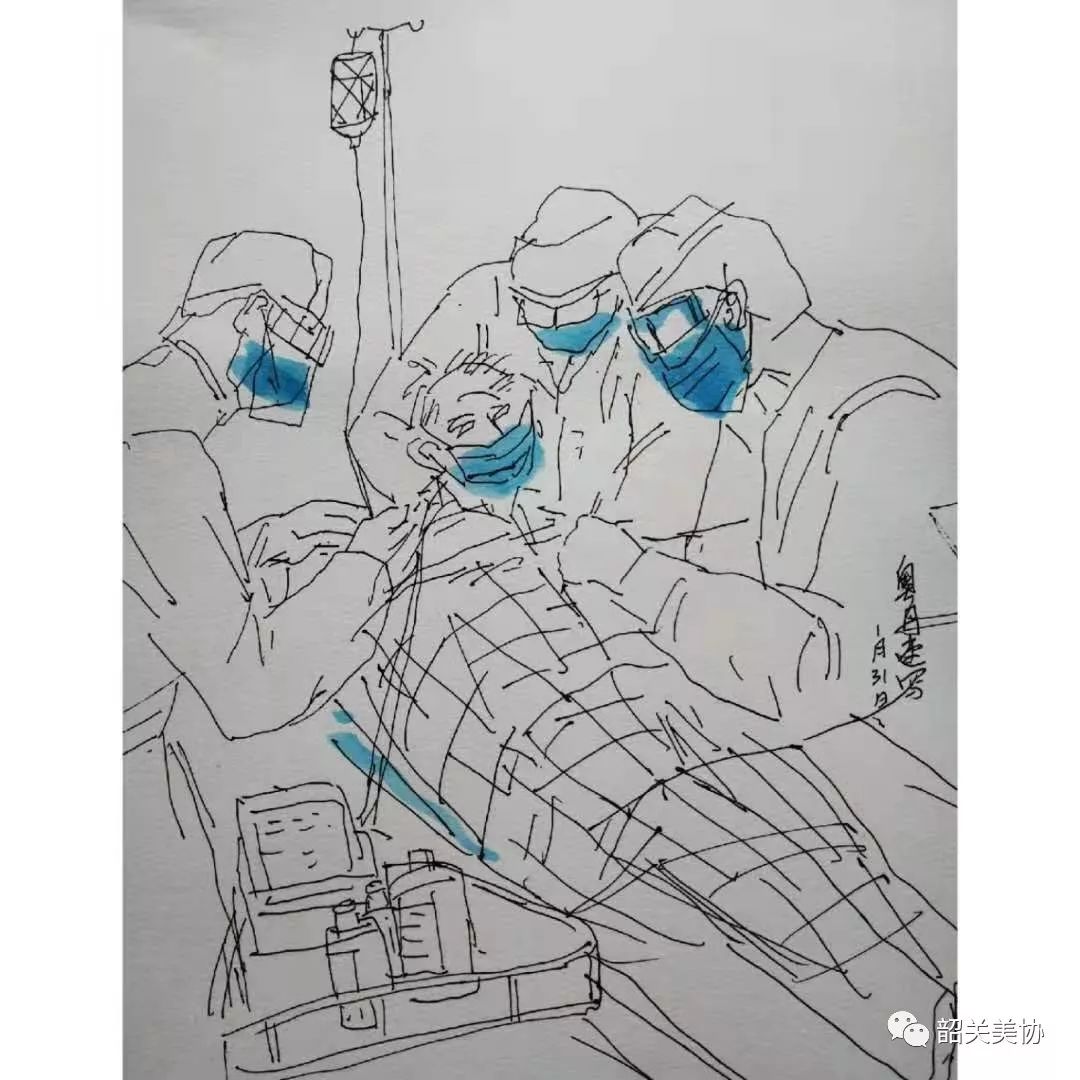
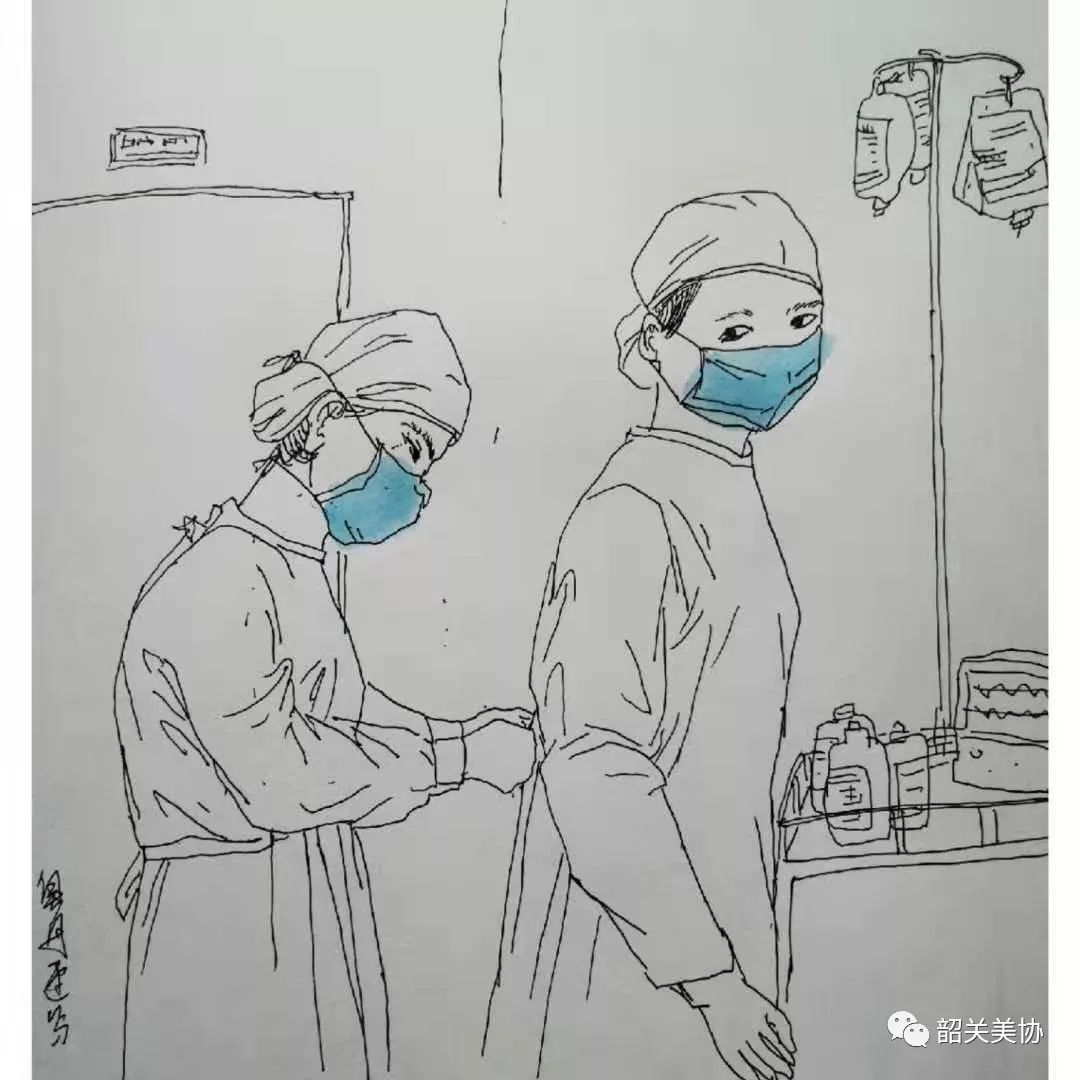

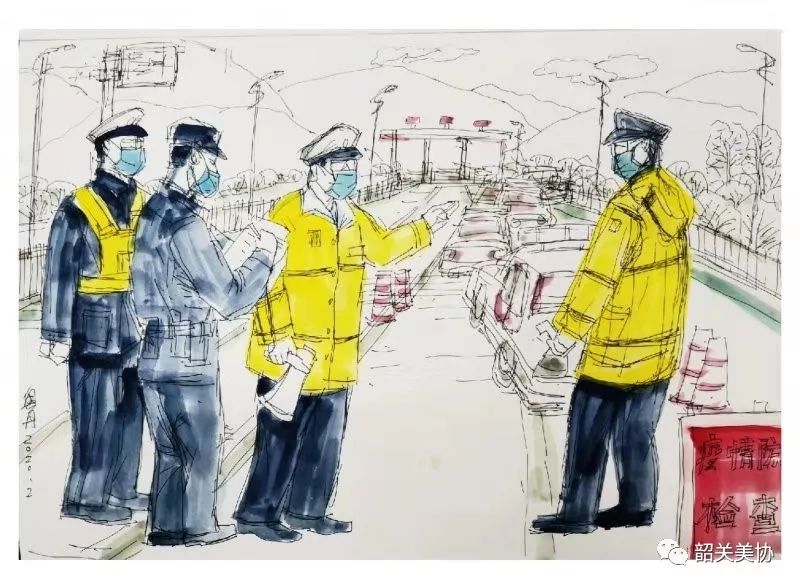
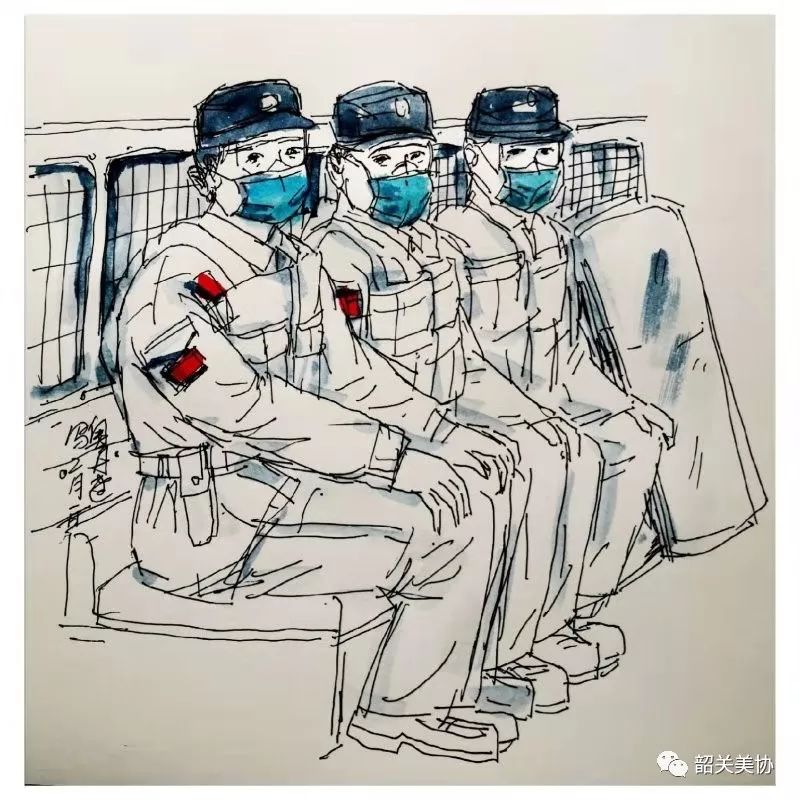
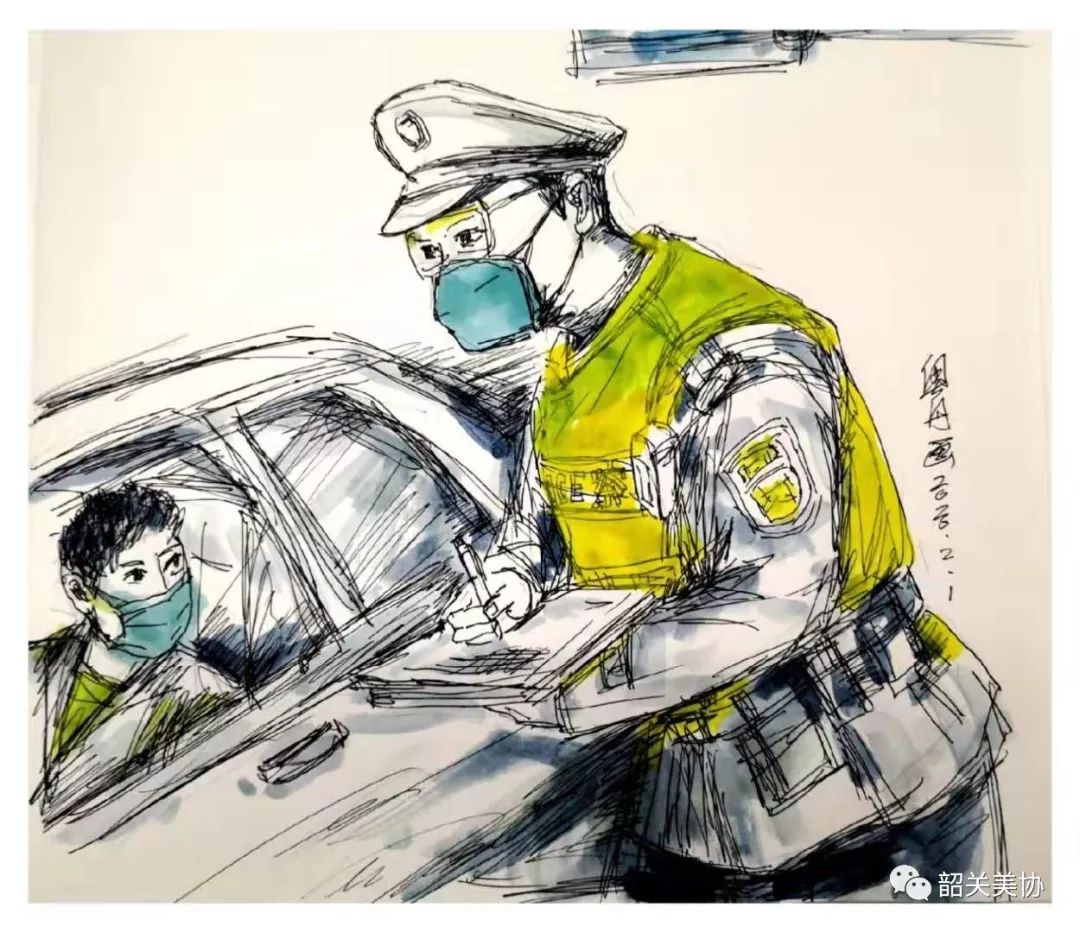
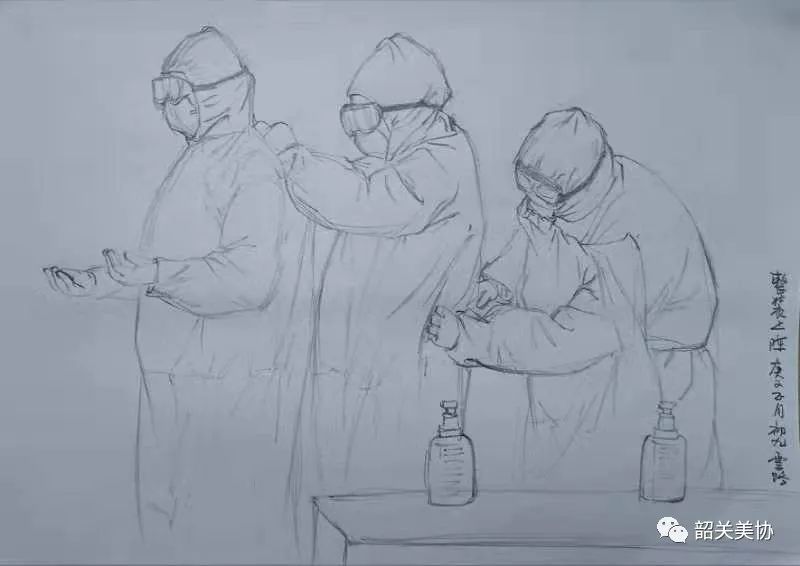
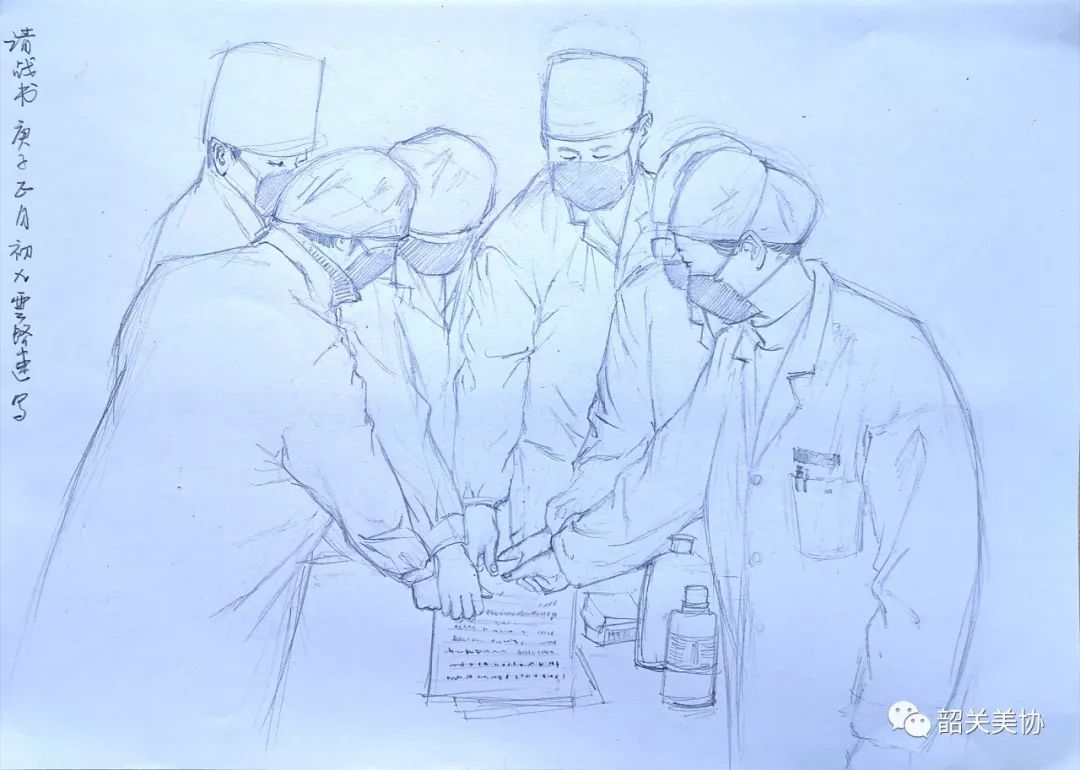
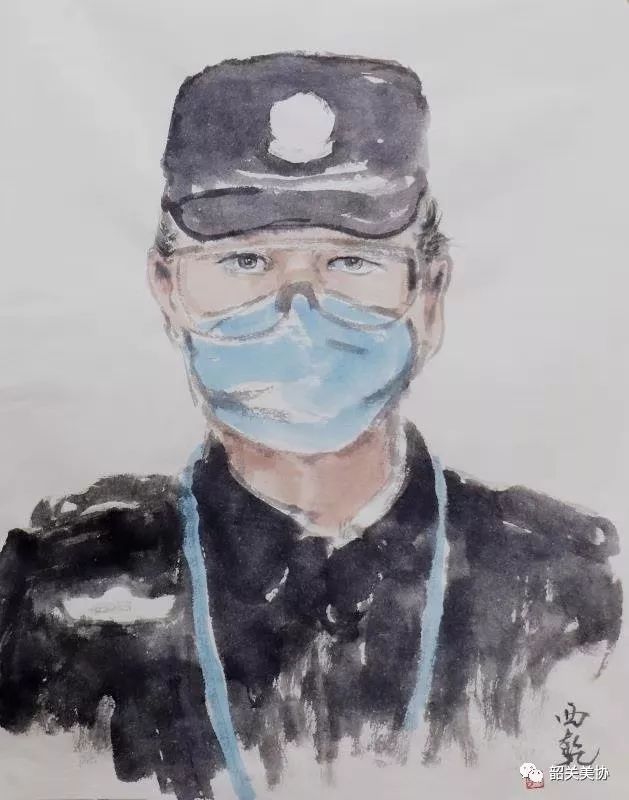
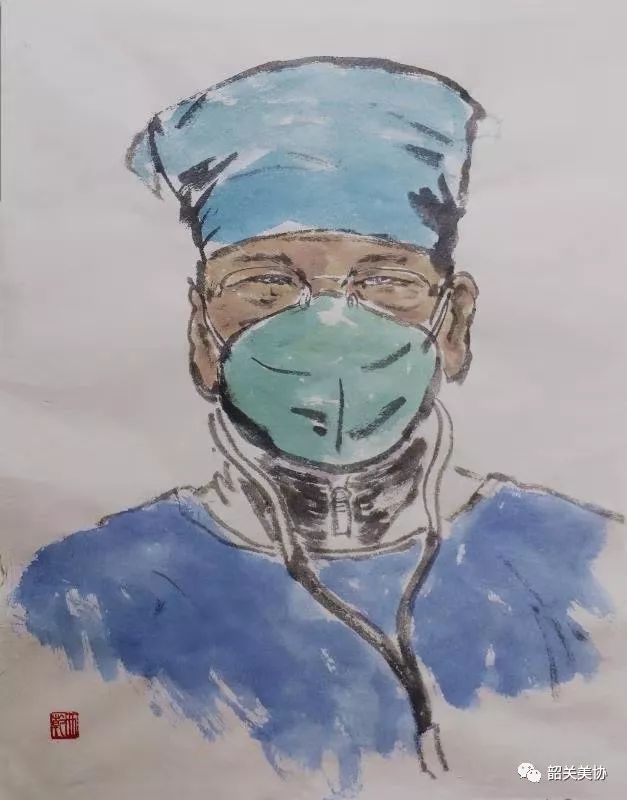
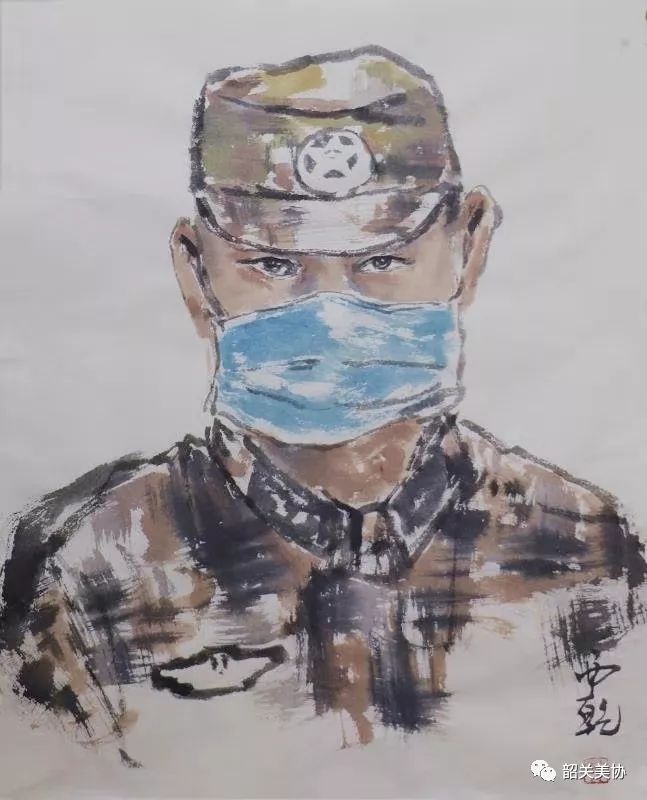
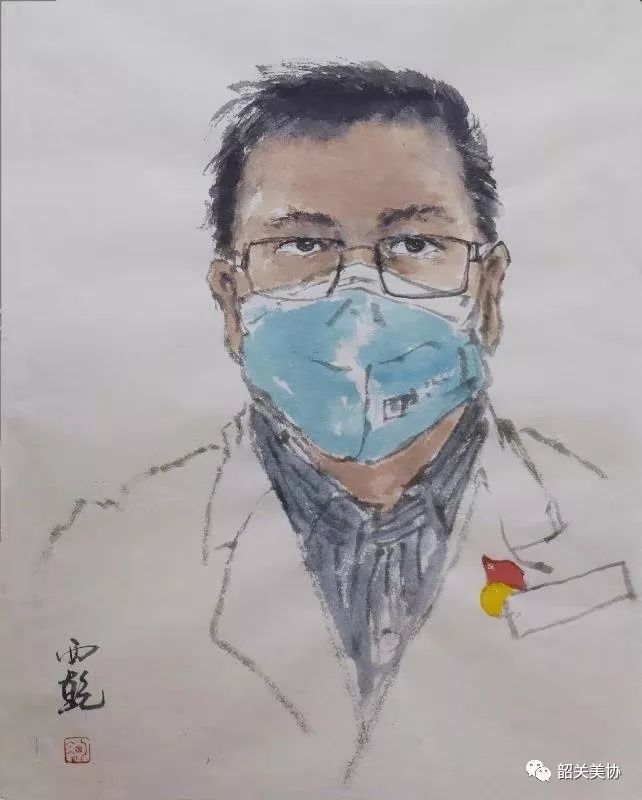
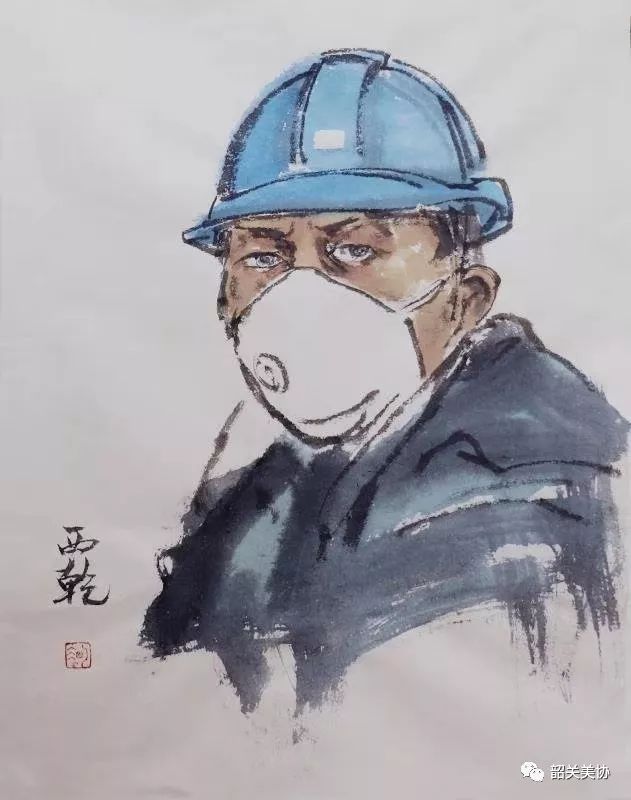

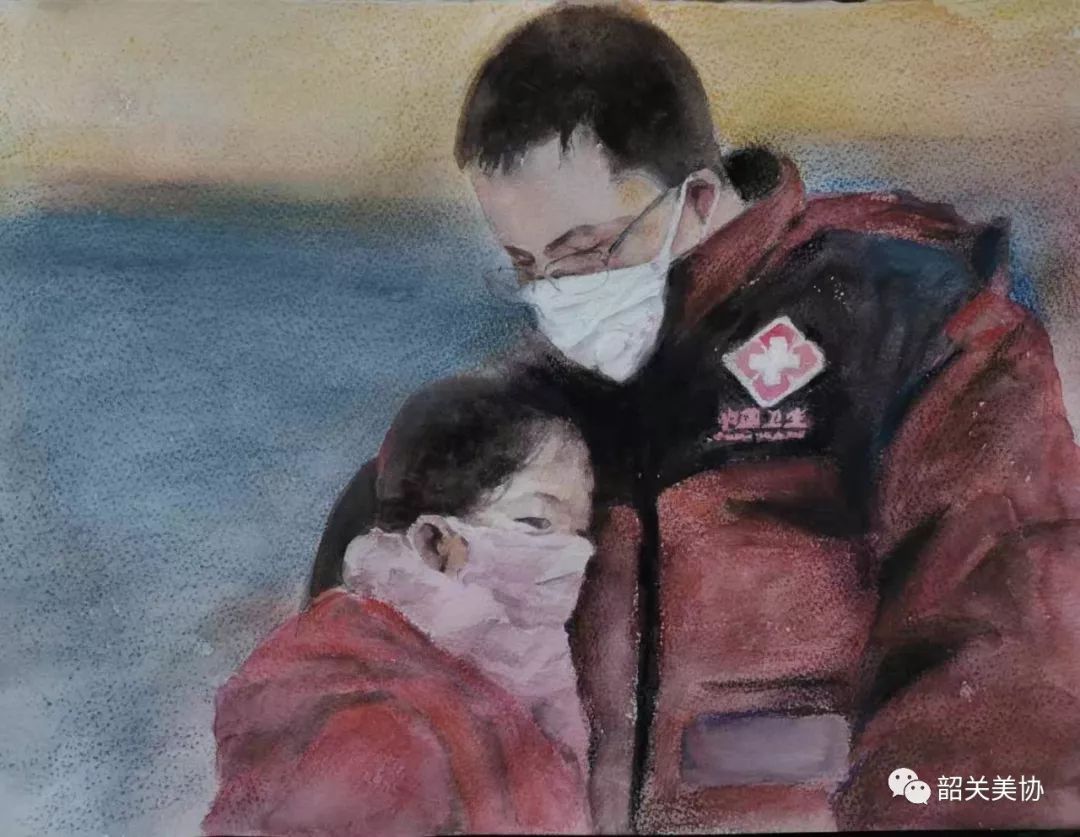
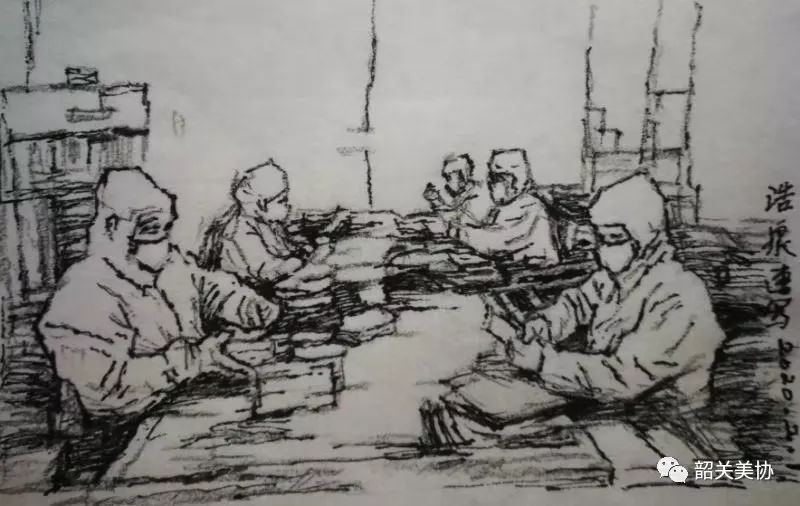
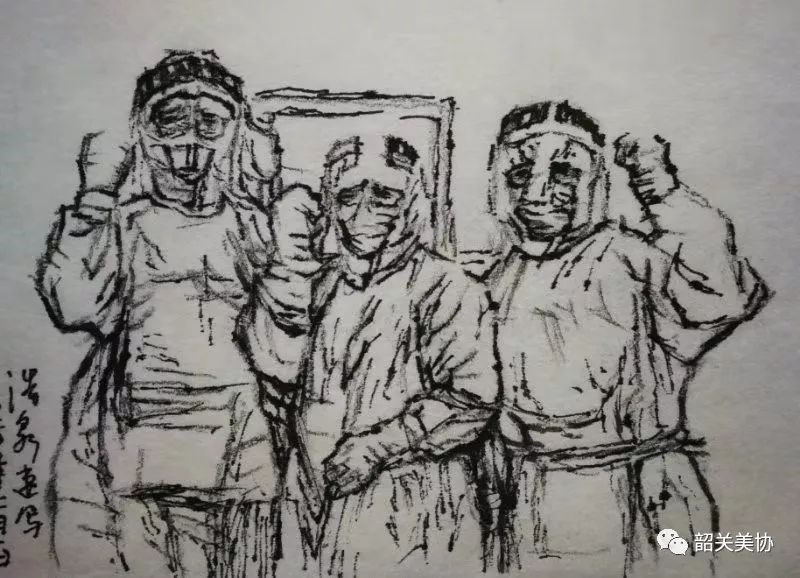
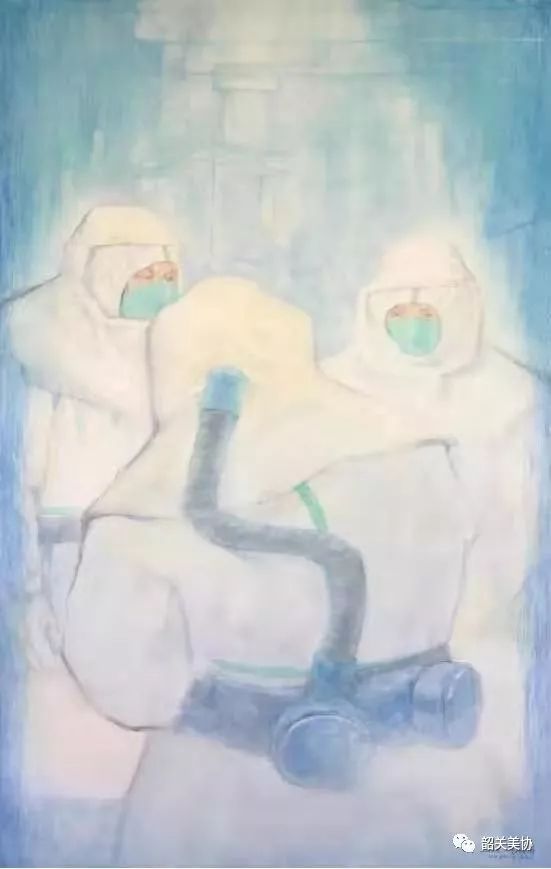
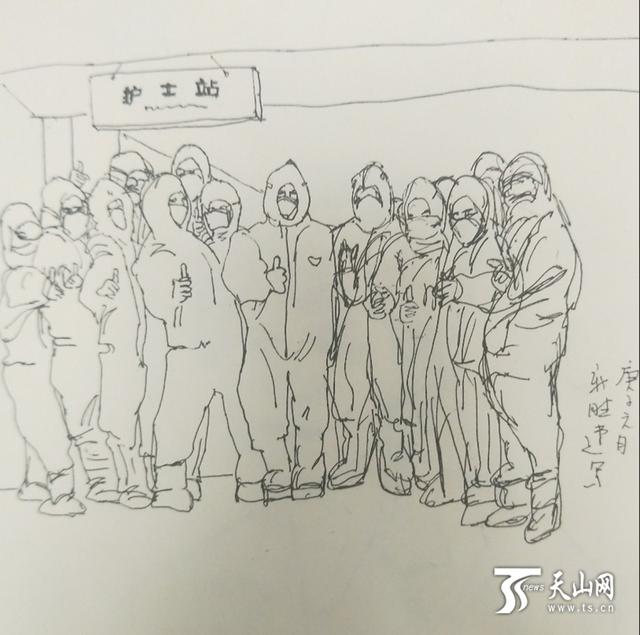
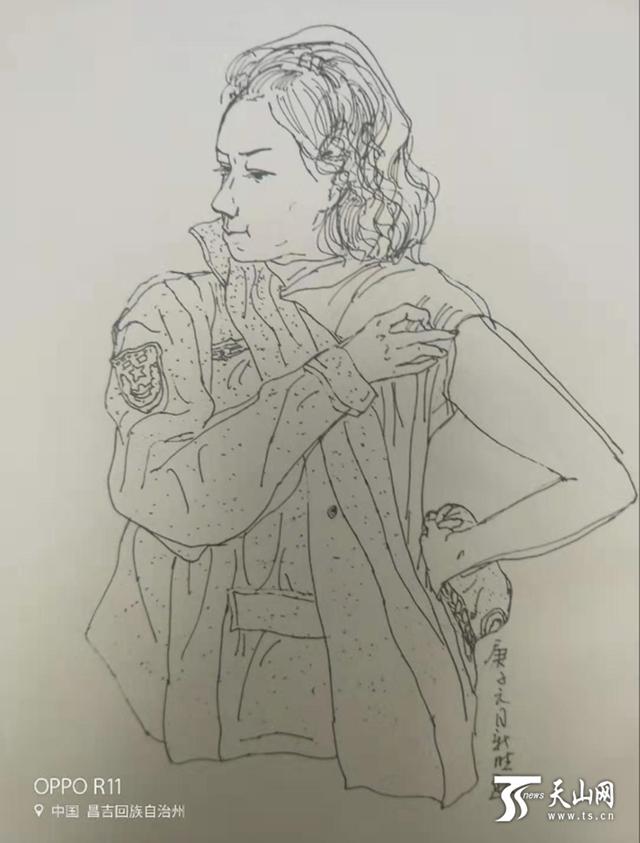
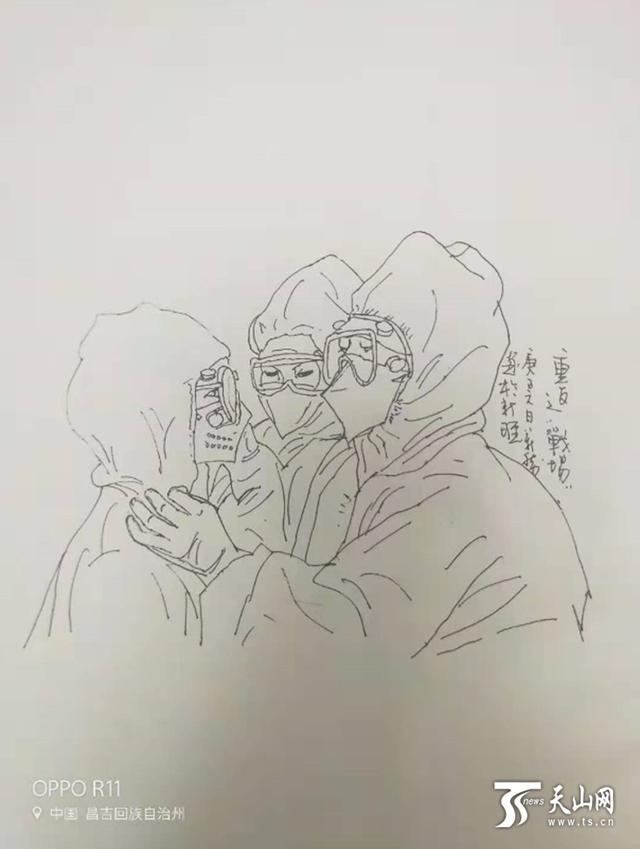

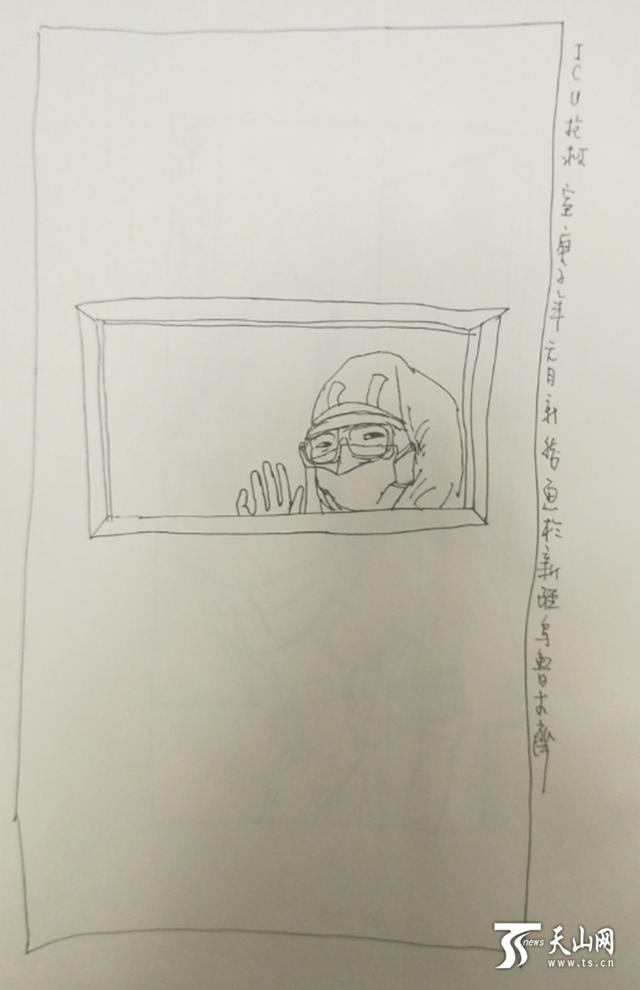
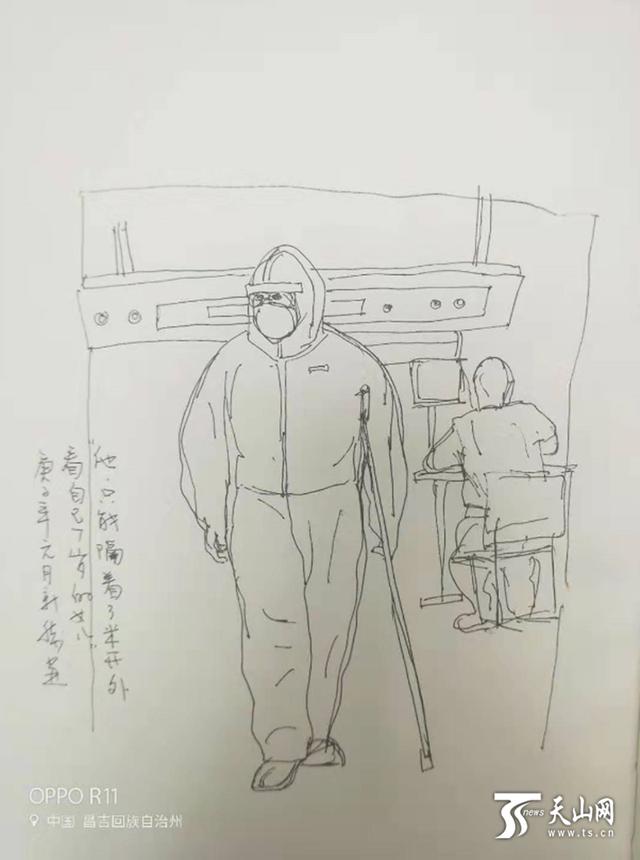

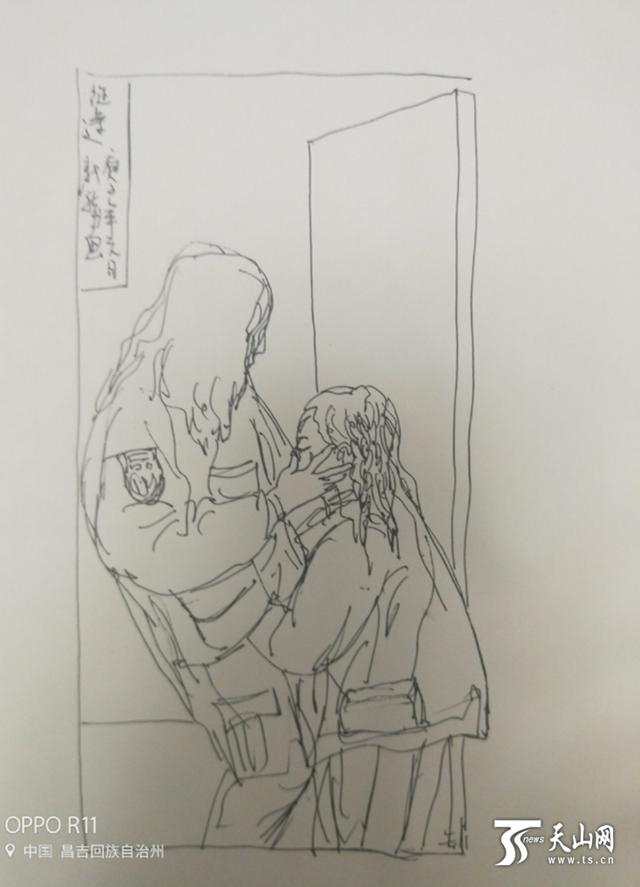

#WuHan JiaYou
#2019-nCoV
#COVID-19
Hold Infinity In The Palm Of Your Hand , And Eternity In An Hour .




































































#WuHan JiaYou
#2019-nCoV
#COVID-19
By David Monyae | China Daily | Updated: 2020-02-18 07:21
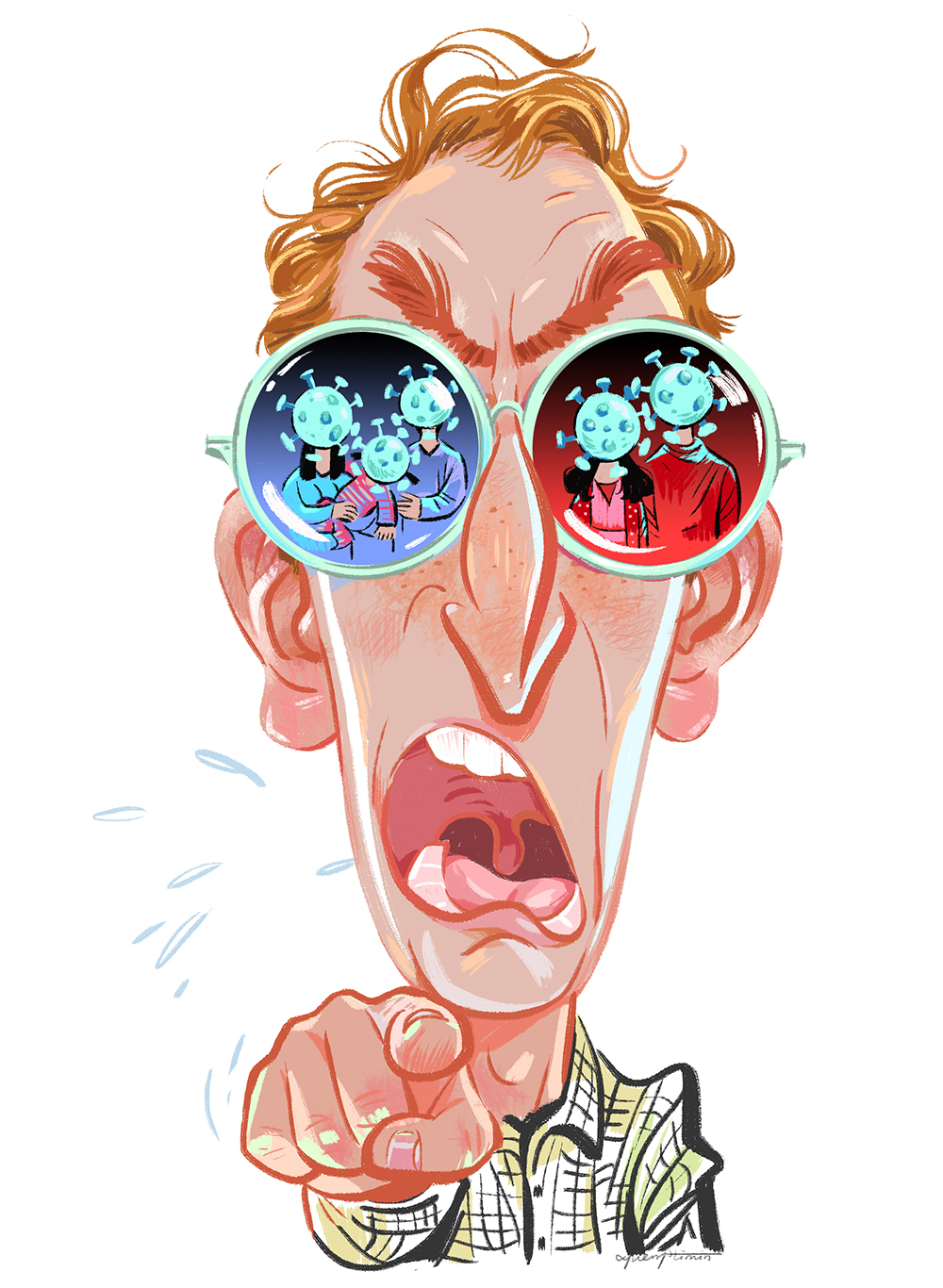
Xenophobia, ideological bias and the West's fear of China's rise are the triple burdens that hinder the fight against the novel coronavirus outbreak in China. Recently, Kevin Rudd, the former Australian prime minister and president of the Asia Society Policy Institute in New York, wrote, and I quote: "The wider world should show sympathy and express solidarity with the long suffering Chinese people. These are ugly times, and the racism implicit (and sometimes explicit) in many responses to Chinese people around the world makes me question just how far we have really come as a human family".
Indeed, Rudd's take on the need for a people-centered global approach in the fight against the epidemic resonate with a well-known African idiom commonly used among the Nguni dialects which says, Inxeba lendoda alihlekwa. It simply means that, "The wound of a man is not laughed at".
In reporting on the new coronavirus, The Wall Street Journal carried an article by Bard College Professor Walter Russell Mead titled, "China Is the Real Sick Man of Asia". The learned professor and the newspaper in question are quite aware that the term "sick man of Asia" is a derogatory phrase that emanates from China's century of humiliation at the hands of Western and Japanese powers. It was commonly used by foreign forces that conquered China to justify their inhuman treatment of Chinese people.
This colonial language was also common in Africa when colonial masters considered their religion, culture and general lifestyles to be superior to those of the ingenious people whom they perceived to be disease-ridden and unclean.
There have also been attacks against the attempts by the Chinese authorities to speedily control the outbreak that are cloaked in ideological clothes. There have been numerous opinion pieces across the Western media that are using the breakout of this disease to directly attack the Chinese system.
The main aim of such attacks is to advance the long-held view that liberal democracies handle and manage epidemics and general crises much better than what is considered an authoritarian regime in China. The weakness of such an argument lies in the fact it is ahistorical. The United States itself is littered with endless mismanagement of epidemics and general crises confronted by its people. A recent example is Hurricane Katrina in New Orleans in 2005. The George W Bush administration failed dismally to respond to the crisis that affected almost 80 percent of the city's mainly black population.
The British Guardian newspaper carried an article by Emma Graham-Harrison on Jan 31, in which she said that,"China soon won international plaudits for a huge mobilization, including the near impossible feat of building two new hospitals in as many weeks, even as Wuhan became an international byword for a new epidemic". She further settled for ideological point-scoring:"Yet as information about the early days of the outbreak has slowly filtered out of China, it has become increasingly clear that the same political system that allowed Beijing to order such a dramatic response, also initially allowed the virus to foster."
Also, some elements in the Western media and US officials are using the epidemic as a tool in their bid to limit the rise of China. On Jan 24, Foreign Policy magazine unashamedly carried an article titled, "Welcome to the Belt and Road Pandemic".
And US Secretary of Commerce Wilbur Ross responding to the epidemic in China was quoted as saying:"I think it will help to accelerate the return of jobs to America."
At this critical juncture of the fight against the novel coronavirus, there is a need to build a united front in combating the spread of the disease as well as finding a cure. The African continent in particular has worked tirelessly with China within the Forum on China-Africa Cooperation on managing communicative diseases. Africa can assist China in its efforts to manage the virus. Africa has responded soberly to the outbreak of the novel coronavirus in China without causing unnecessary panic. But more efforts ought to be taken to strengthen Africa health workers' ability to respond to the novel coronavirus should it spread to the continent. Africa should also reject the triple Western diseases of xenophobia, ideological bias and the fear of China's rise.
The author is the director for the Centre for Africa-China Studies at the University of Johannesburg.
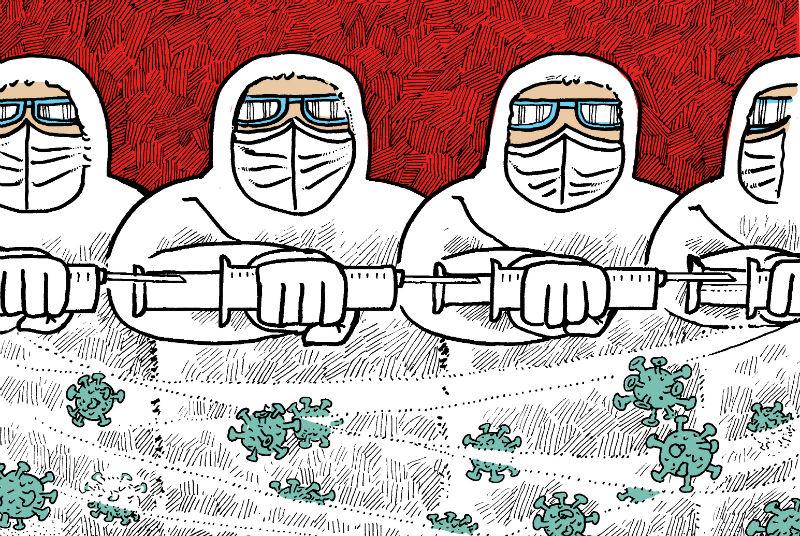
Not to long ago, I wrote a column for China Daily, " China Shall Overcome ," observing that the Chinese people and nation have overcome one crisis after another in the past, and have the wherewithal and determination to do this again facing the coronavirus crisis. I wrote this column, even while the infections in Hubei province were climbing. Why?
I have both observed and participated in many of the reforms and policies of China to overcome challenges over the four decades living here. I have seen a consistent pattern of unity and cooperation among the Chinese people, and meticulous coordination of government policies when faced with a crisis or challenge. Experience has shown me, time and again, when a crisis occurs, China's leadership faces it with a rational clear-headedness. Something seems to kick into the subconscious of both people and they work together in synergy with the organizational institutions of government to overcome these moments of crisis.
This pattern has been reoccurring throughout my life living in China and I believe that it is an innate aspect of the Chinese collective unconscious that has roots in Confucian tradition. Philosophical influences that are both Taoist and Buddhist embedded in the national cultural psyche allow for adept flexibility in response to crisis and a vision of positive hope when faced with negative adversity. This ability to see positive through negative and to use that perception to turn even the most difficult situations into advantages is a deeply rooted part of Chinese culture and the collective unconscious of the Chinese people.
At times of prosperity, when things are going well, everybody is out there doing their own thing. But in those moments of crisis everybody comes together. This is unique to the Chinese culture that allows them to respond and work together. This is what we see happening during this incredible coronavirus crisis. Where on earth could you have 100 million plus people stay at home and self-quarantine as part of a coordinated government policy? This represents a collective response to an unprecedented epidemic. There are very few places in the world where everyone can come together in a patient collective force. This is unique to China and its people.
China has cordoned and locked down Hubei province. This is an act of responsibility not only to its own people, but to the global community as well. We are all aware now of the deathly potency of this coronavirus and the unexplainable occurrence of its rapid airborne spread. The ability to lock down and isolate is the first step to be able to contain any virus. But if you imagine the scale of what is happening in Hubei province to prevent this from affecting other parts of China and the world as a whole, it is incredible. This is a true act of global humanitarian responsibility. Even at China's own economic and social costs.
When you talk about humanitarianism this is an act in the global interest. This ability of the Chinese culture, social fabric of its people and the organizational capability of the institutions that have been established in the country are what allow China to respond quickly, decisively and collectively to a crisis of unbelievable and unforeseeable proportion.
Under such circumstances where the threat of this coronavirus is a threat to anybody, we can see everybody is collectively and patiently staying at home. Self-isolation and working at home remotely, working around the dangers in order to meet this challenge. I don't think one would see this response in any of the Western countries whose politicians and mainstream media are so quick to criticize China for everything it does. This is a distinctive, collective response among people to work and bond together in order to get through this crisis together.
One of the reasons why China is able to respond so effectively is the system of macro-management that evolved to address economic reform but is now being used to address a health and humanitarian crisis. Throughout the 1980s to 1990s, a system evolved of state guidance of the economy, together with checks and balances to prevent economic crisis, and the ability to tighten and loosen valves to allow the market to function in free flow, or to use administrative means to guide the market toward more stable conditions to prevent volatility. This is in the interest of everyone collectively rather than the self-interest of a few.
Of course this coronavirus is having an impact on China's economy. Shops are closed, movement of goods restricted. This will have implications throughout the entire chain of production, transport and supplies not only in China but globally.
It's interesting to observe that despite the slowdown in China that the USA stock market has continued rocketing to the highest levels historically. This is very strange at a time when the fundamentals of that economy are not good, and social divisions also at their greatest. It calls for even more questioning given the chain of product supplies in the USA coming from China. Even the high-tech service companies that dominate accumulated capital market wealth are totally dependent upon China's supply chain for their product parts.
So why is the market so high?
We could see this as a projection of a perception of economic decoupling or fragmentation of the globalization system that has existed. We see America's isolationist policies causing alienation of other nations such as China. So it is foreseeable that we could see more collaborative arrangements in Asia, not only in economic policy and business, but also in combatting disease and crisis. This may be just a natural evolution of the times we live in now.
Once we get though this stage of containment and control of the coronavirus and its spread, then China will enter a new stage of its own economic growth, a reboot period. The same types of reforms applied to business and enterprise and economy now need to be applied to the healthcare sector. These are areas that now offer opportunity for more state investment and private investment and there will be a new growth era with breakthroughs.
In science, technology and AI for healthcare. I believe these are areas where China will lead in bringing together other countries of the region, such as India, where there are similar challenges with population concentrations, water and food security, and healthcare. We could see a new regional growth and economic revitalization. It is a question of using negative to create positive. That is core to Chinese philosophy and culture.
Laurence Brahm is a senior international fellow at the Center for China and Globalization, founding director of the Himalayan Consensus and co-chair of the Silk-Spice Road Dialogues.
The opinions expressed here are those of the writer and do not represent the views of China Daily and China Daily website.
A Wuhan nurse has quarantined herself away from her family so she doesn't risk exposing them to the new COVID-19 virus, CGTN, a state-linked station in China reported.
The woman's husband drives behind her as she walks to work at 3:00 a.m. to light the path with his head beams.
This is just one example of the extreme sacrifices by Chinese health workers during the outbreak.
A nurse working in Wuhan, China, the epicenter of the COVID-19 virus outbreak has quarantined herself so she does not potentially expose her family to the novel coronavirus, the Shanghaiist wrote.
CGTN, or China Global Television Network, a state-linked media outlet, uploaded the video to YouTube. It shows the women, Wang Xiaoting, reportedly walking to work at 3:00 am local time. Her husband Wang Yinghe, is apparently driving behind her to light her path.
Xiaoting is staying at a hotel, the CGTN video says, and she refuses to allow her husband to drive her to work. Instead she walks, and Yinghe drives behind her, according to the video.
"Even if the disease keeps them apart, he will protect her from as close as possible," CGTN says in the caption.
The couple use video chat to talk to each other, CGTN says, and Yinghe makes sure his wife has a cooked meal waiting for her at her hotel room when she gets back.
The situation shows the extreme lengths the medical community — on the frontlines of this outbreak — are taking to stop the spread, even in their personal lives.
Official reports claim 500 medical workers in Wuhan have been diagnosed with the virus, and another 600 are suspected of having it. Other reports on social media said that over a thousand health care workers could have contracted the virus.
Three health care workers have already died from the virus, including Li Wenliang, the doctor who was censored and punished by Chinese authorities for sounding the alarm about the virus.
In another example of sacrifices, nurses have shaved their heads to limit the spread of the virus. Shaved heads make it less likely for the virus to spread by catching on to exposed hair and easier for put on protective gear.
According to Business Insider, health care workers from other parts of the country parted ways from their families and volunteered to work in Wuhan hospitals.
During the outbreak, hospital staff have faced a shortage of supplies and protective gear, and some have resorted to wearing adult diapers to avoid having to take off hazmat suits.
Some staff posted videos on social media of hospitals that had shortages of food.